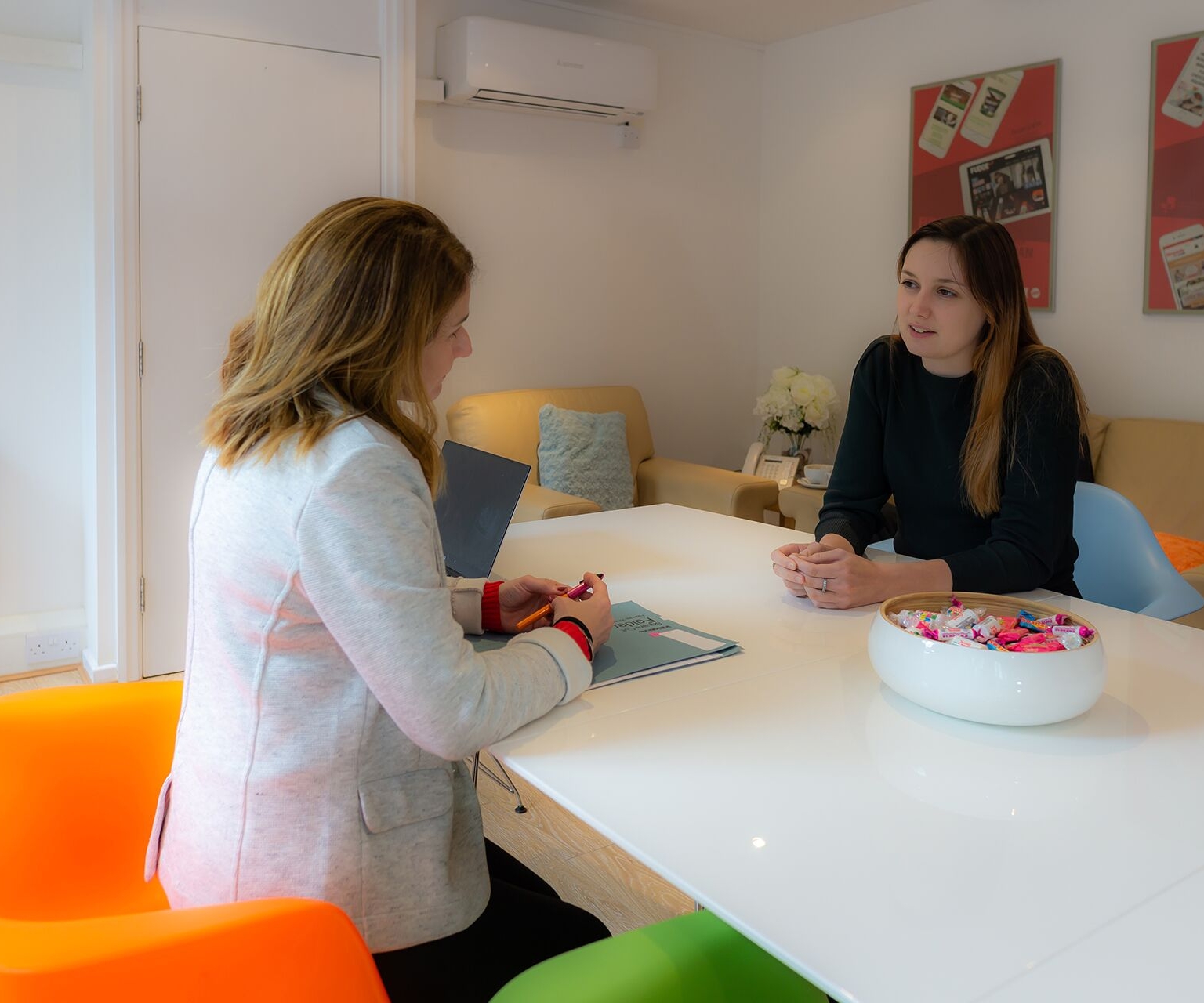This is an essential part of the process whether you choose to make use of mediation or not - and you cannot go to court without attending one of these sessions. Because of this, if you are planning to take a family law case such as divorce or civil partnership dissolution to court, it is crucial that you arrange a MIAM first. When you contact Marcia Mediation, we can arrange one of these meetings with you and any other parties involved in your case. By making sure everybody has attended a MIAM, you also make sure there will not be any unnecessary delays to your case proceeding, which in turn helps to keep costs down and allows all involved to move on with their lives sooner and with less stress.
What is a MIAM?
A MIAM is an introductory session designed to tell you all about what mediation is and what it entails.
It is mandatory for you to attend one before your case can go to court. But it’s more than just a formality – it’s an opportunity to learn all about how mediation can help you to resolve your case faster, with less cost and more control.
During the session, a trained mediator will explain to you what mediation is and how it can be used in your case.
At Marcia Mediation, our MIAMs are delivered by fully trained and accredited mediators, so you know you are getting the best, most up to date information.
It’s also an opportunity for the mediator to assess your case and decide whether mediation is right for you.
A MIAM has a number of aims, some of which are a direct benefit to you, while others are beneficial to the court’s service.
For you, the aims include making sure you are aware of the opportunity of using mediation instead of going straight to court.
This is a way to resolve cases amicably through mutual agreement, even if you don’t feel like you will be able to agree on a compromise.
Mediators are skilled at finding the middle ground while making sure everybody has a say and is treated fairly – and the substantial cost savings in most cases mean everyone is better off at the end of the process.
At the same time, handling cases via mediation means less time spent in court, and that allows the court’s service to process more cases, meaning even less delay in divorces and dissolutions.
Can you go straight to court without mediation?
Under Section 10(1) of the Children and Families Act 2014, you cannot make a court application without first receiving introductory information about mediation.
This applies to any relevant matter of family law – including divorce, dissolution of a civil partnership, and certain other cases involving children and family finances.
A MIAM gives you the introductory information you need to be able to decide whether you want to make use of mediation, or whether you would rather go directly to court.
Mediation itself is not compulsory, but it offers plenty of benefits, typically giving you much more control than if you rely on the decision of the court on matters like the division of finances and assets.
It is also usually much faster and costs significantly less than going through court proceedings.
The MIAM session itself will usually last around 45 minutes, although it may be a little longer if you have a lot of questions for the mediator to answer.
If that sounds short, remember that the MIAM is only an introductory session – a chance to decide whether or not you want to proceed using mediation, and how best to do so.
To go to court without using a mediator, you’ll need a Family Mediation 1 form, known as an FM1 for short.
This can be issued to you after your MIAM if for some reason mediation is not suitable for your case.
An FM1 expires after four months – so if you do not go to court in that time, you’ll have to start over again and attend another MIAM.
However, in most cases the faster, less costly and more controlled option of mediation is not just suitable, but preferable to reach an amicable agreement with less stress and delay.
What happens if you don't attend mediation?
Mediation itself is not compulsory, but a MIAM is in most cases, and both parties should attend it.
You shouldn’t be able to get your case to court without first attending a MIAM, but if you do, the court has the power to adjourn the case while alternative dispute resolution such as mediation is considered.
It’s possible to attend a MIAM by telephone and will typically take place within about 15 days of contacting a mediator – so it doesn’t introduce a delay in proceedings and might help you to reach a resolution much faster through mutual agreement.
There are certain exemptions where a MIAM is not compulsory, but these are usually only in cases where it would be impossible or unreasonable to attend a MIAM.
Examples include if your partner’s whereabouts are unknown or they cannot be contacted, or in cases of domestic abuse (with supporting evidence of this).
In such cases, you will still need to apply to the court for exemption from the MIAM, and the professional opinion of an accredited mediator is valid evidence for this.
Because of this, even if you believe your case is exempt from requiring a mandatory MIAM, it still makes good sense to contact Marcia Mediation, as we will be happy to help you decide if this is the case.
A pioneer for mediation since commencing legal practice as a family solicitor some seventeen years ago, Marcia has worked exclusively as an independent mediator since 2004, focussing initially on family mediation, and latterly on work place mediation.
Marcia’s accreditations include Family Mediation and she is a qualified child consultant practitioner. Her associations include the Professional Mediators Association and Resolution.
If you have any questions, call us on 0330 236 7450 or fill out this form




